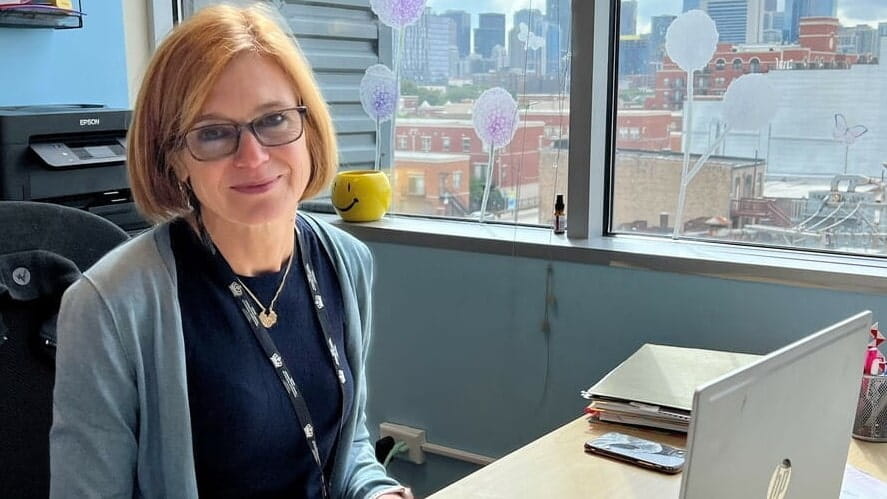We use cookies to improve your online experiences. To learn more and choose your cookies options, please refer to our cookie policy.

How Can Schools Truly Support Neurodivergent Children?
Why Inclusivity Matters
At the British International School of Chicago (BISC), we believe every student should feel seen, valued, and supported for who they are. This principle shapes everything we do—from welcoming families to designing learning experiences that celebrate individuality.
Our commitment to diversity goes beyond what we can see—such as race or language. It includes the differences that lie beneath the surface: how we think, feel, and learn. These differences, often invisible, are what make our community stronger.
Even this model is not perfect: our perception of characteristics above the waterline still requires awareness of our bias.

Understanding Neurodiversity
Neurodiversity refers to the natural variations in how people process information, learn, and interact with the world. Conditions like ADHD, autism, dyslexia, and others are part of this spectrum. Supporting neurodivergent learners isn’t just about addressing challenges—it’s about recognizing strengths such as creativity, resilience, and innovative thinking.
Research and advocacy continue to expand our understanding of neurodivergence. While awareness months like ADHD Awareness Month highlight important themes, our commitment is year-round. We know that every child’s experience is unique, and there is no one-size-fits-all approach.
How We Foster an Inclusive Culture At BISC, inclusion is an active practice. Here’s how we create an environment where all students thrive:
· Personalized Learning: We pay attention to how each child learns and adapt our teaching strategies accordingly.
· Celebrating Differences: Our curriculum explores diverse perspectives and cultural traditions.
· Building Confidence: We focus on strengths, helping students develop self-esteem alongside academic growth.
· Collaborating with Families: We work closely with parents to understand each child’s needs and provide resources for support.
Breaking Down Misconceptions
· Diagnosis Does Not Define Worth: Many parents fear that seeking an evaluation for ADHD or other conditions will stigmatize their child. In reality, understanding how a child’s brain works often brings relief and clarity.
· ADHD and Intelligence: There is no correlation between ADHD and IQ. Neurodivergent students can excel academically and creatively.
· Technology and Attention: While research continues on the impact of screens, we prioritize balanced approaches to learning and engagement.
At BISC, our goal is not just to identify challenges, but to recognize strengths. Neurodivergent students often bring creativity, energy and fresh perspectives to the classroom. We focus on building learning

Our Ongoing Commitment
Inclusivity is not a one-time initiative—it’s a continuous journey. Through collaboration with our global Nord Anglia Education community and local families, we strive to ensure every student feels a sense of belonging.
We invite feedback and ideas from our community as we grow together. Because when every child feels included, every child can succeed.
Want to learn more about our inclusive approach? Contact our admissions team today.
Judith Scholes Director of Inclusion
Lincoln Park and South Loop Campuses
More information about ADHD can be found here:
Criteria for ADHD Diagnosis in Children and Adults
Strategies and Accommodations for ADHD
Apps and technology to support individuals with ADHD